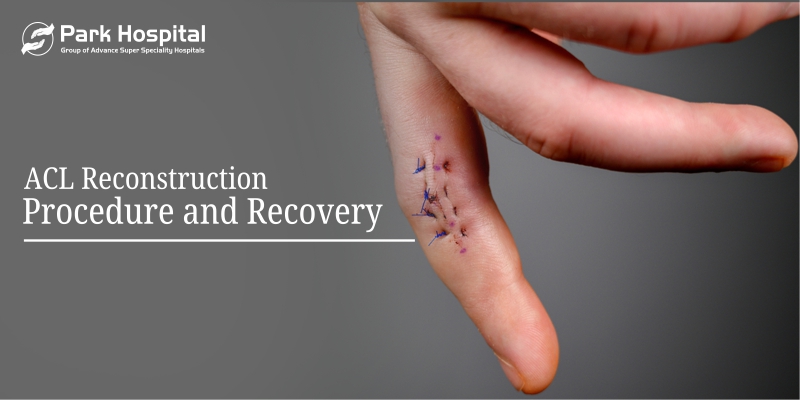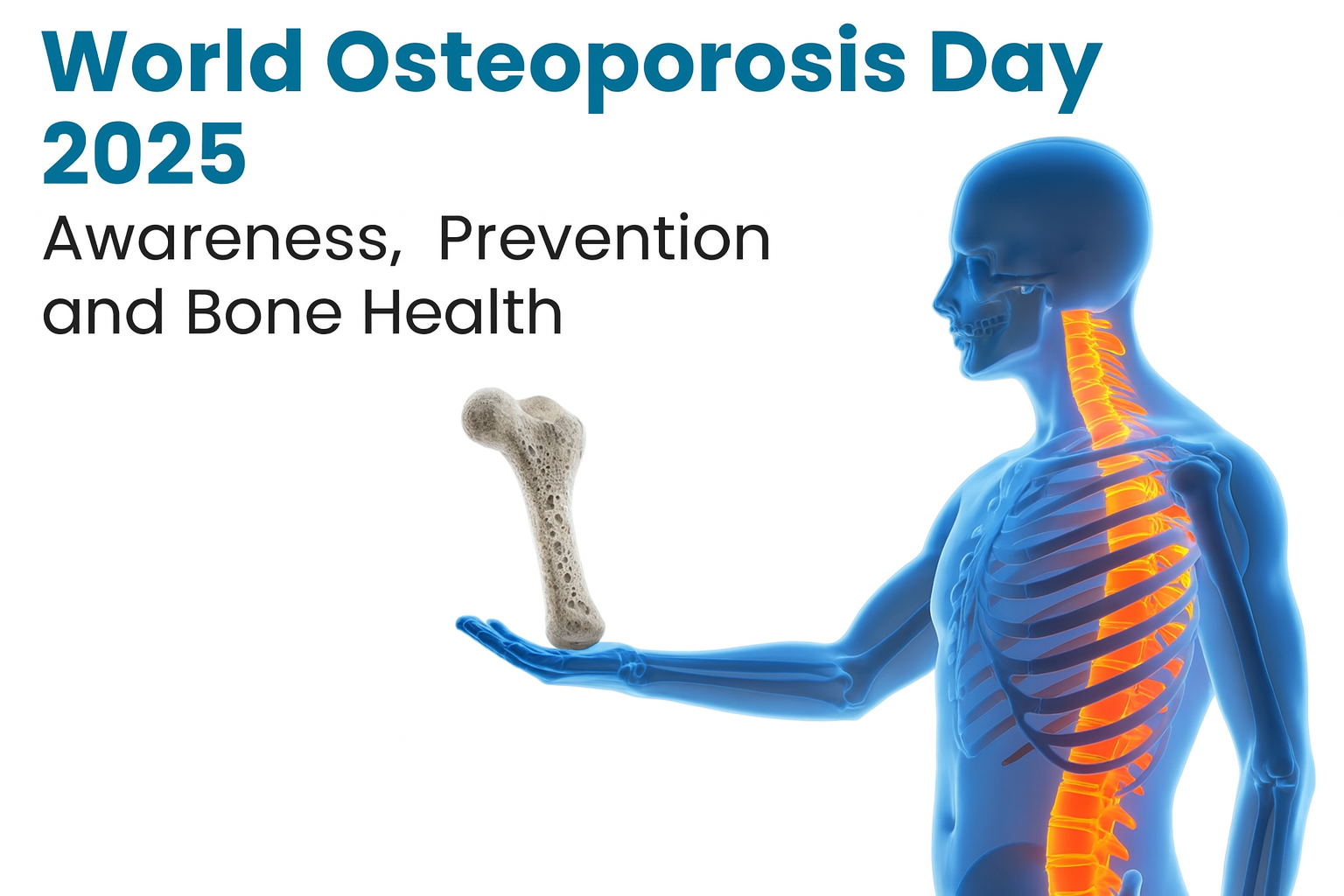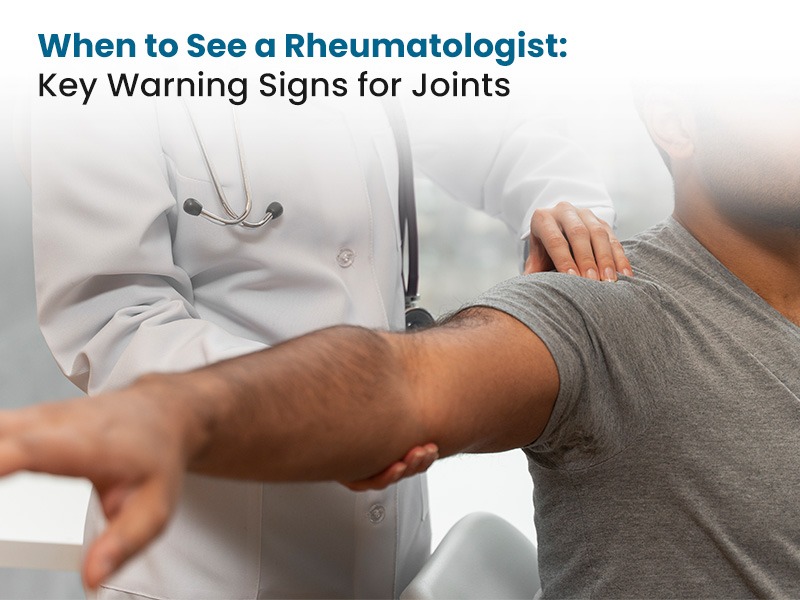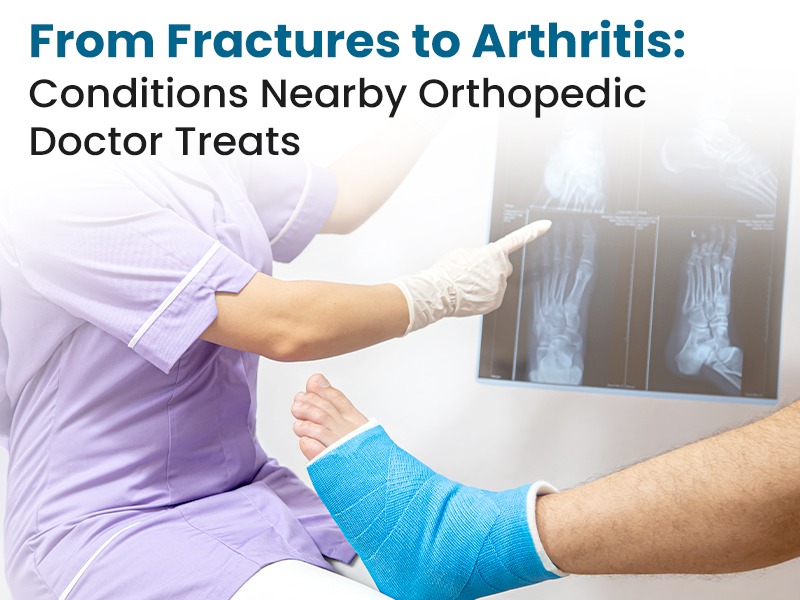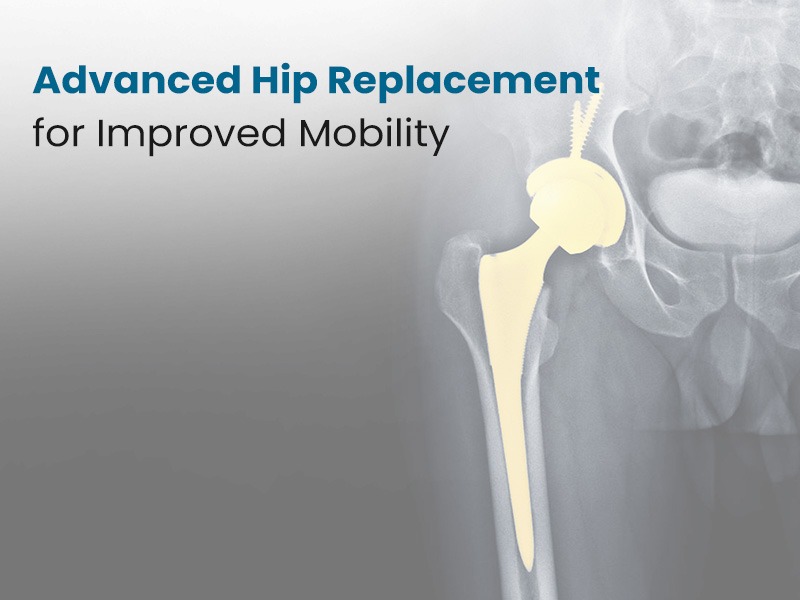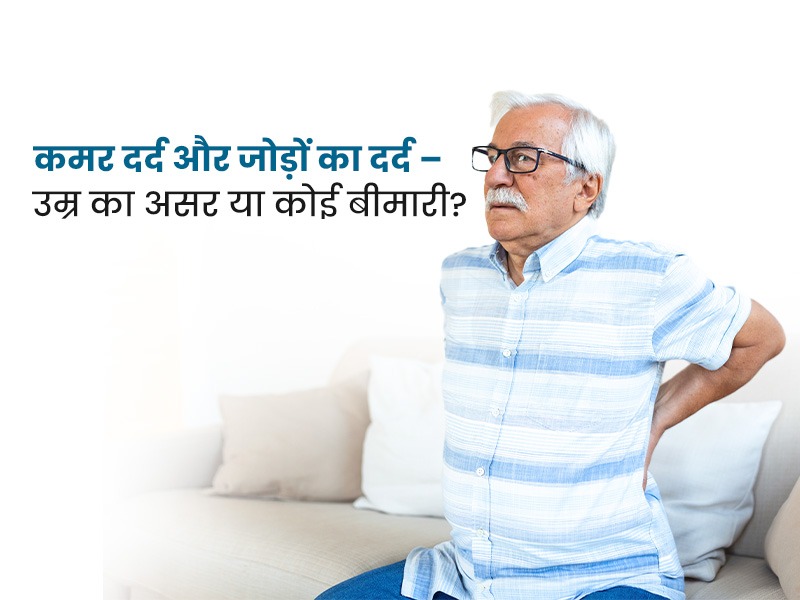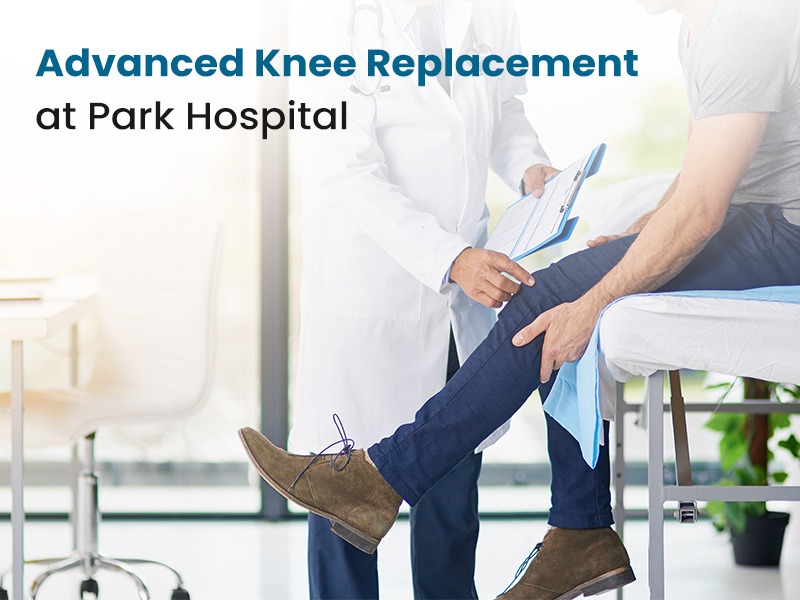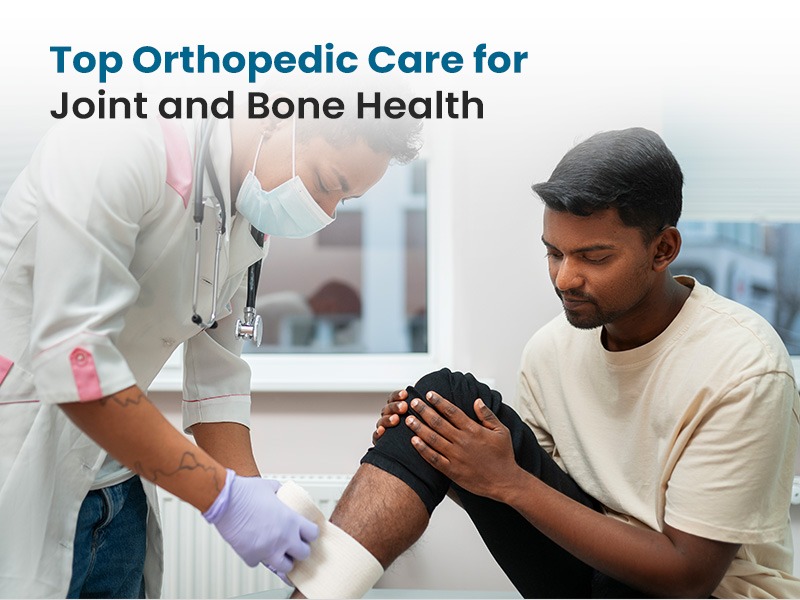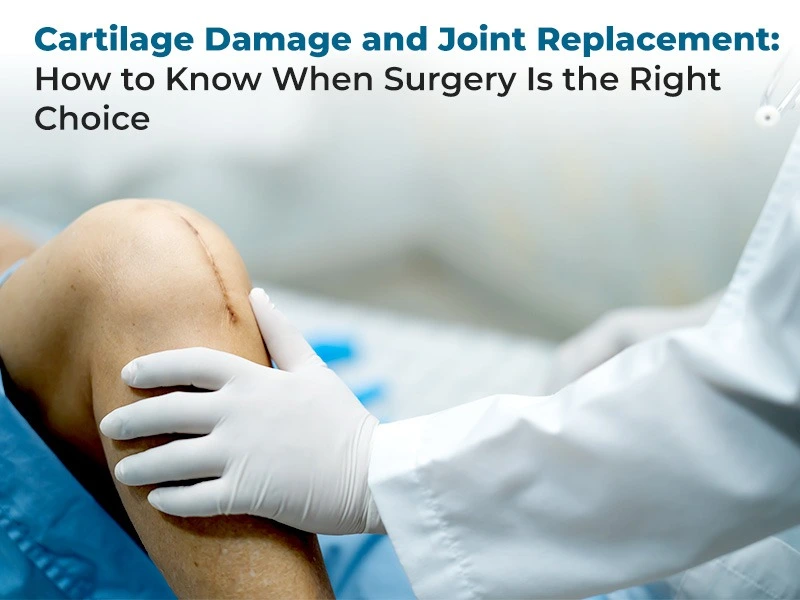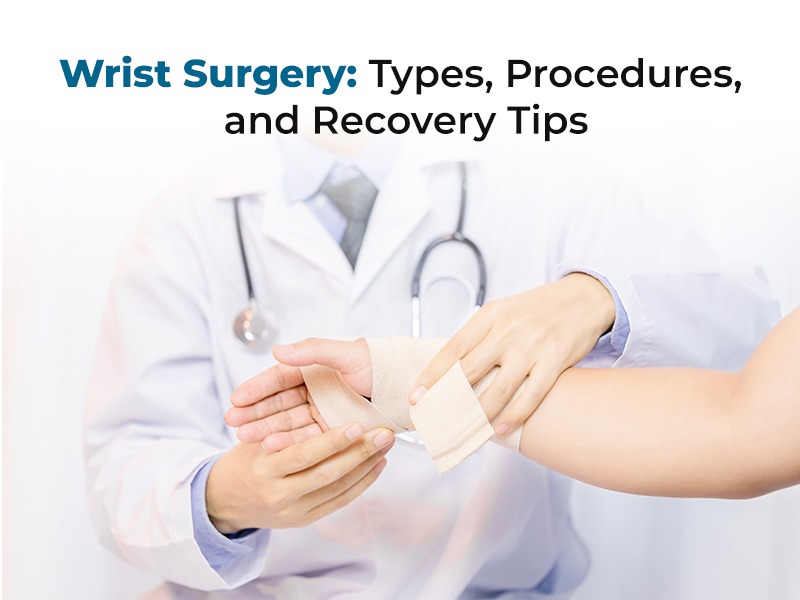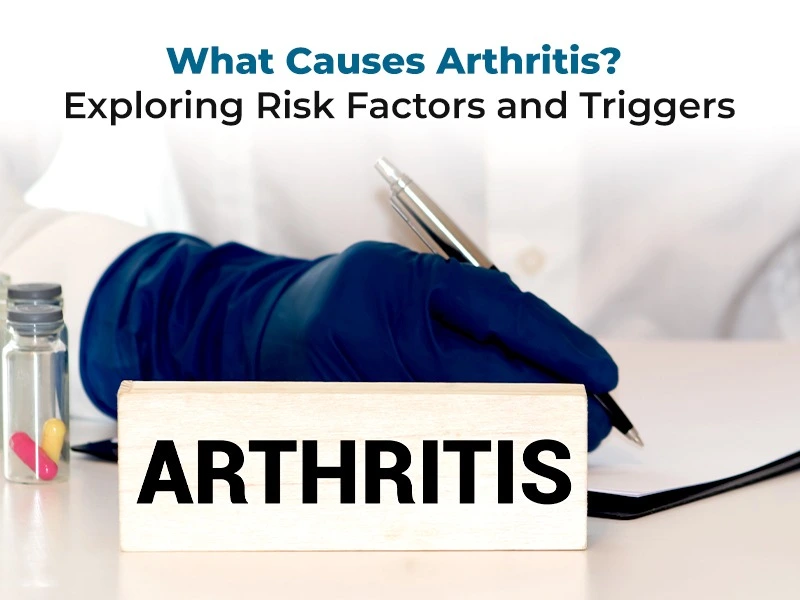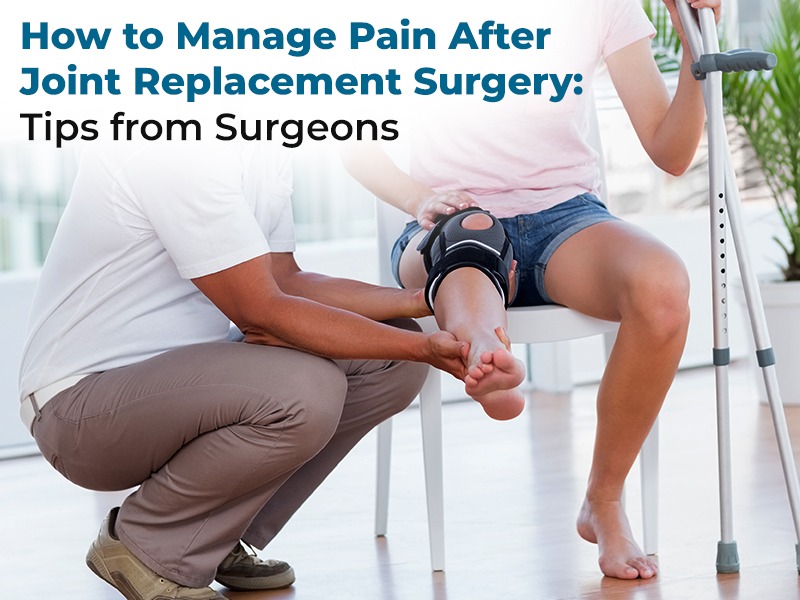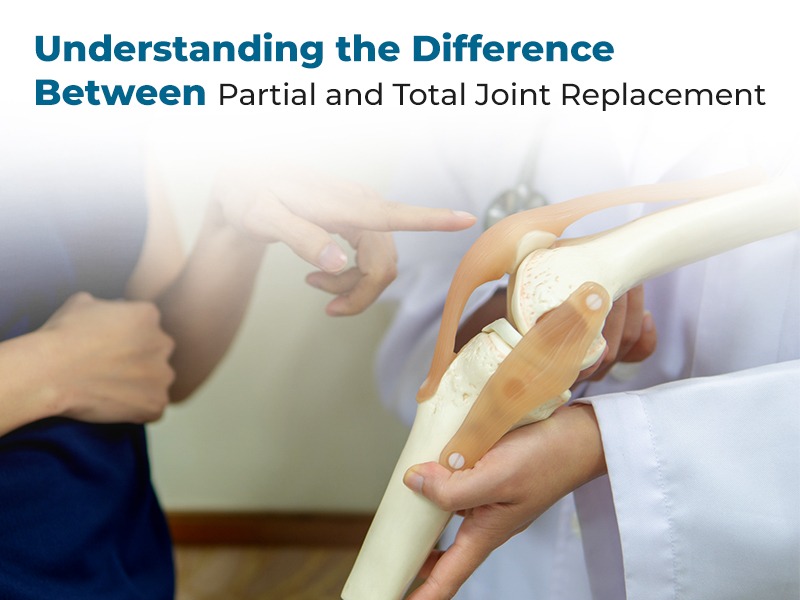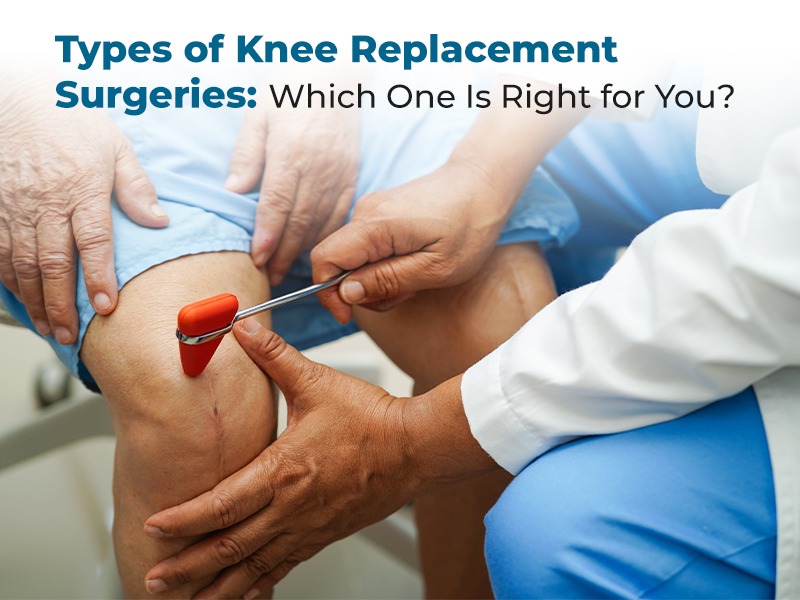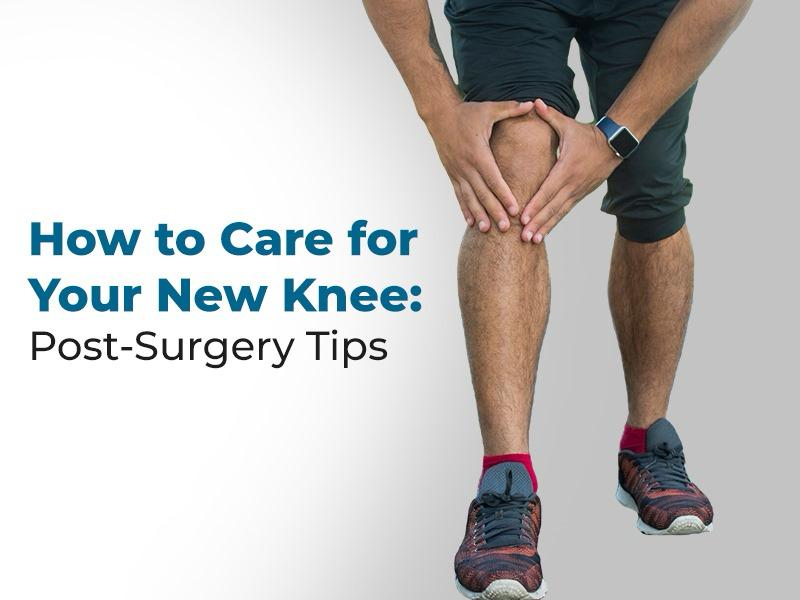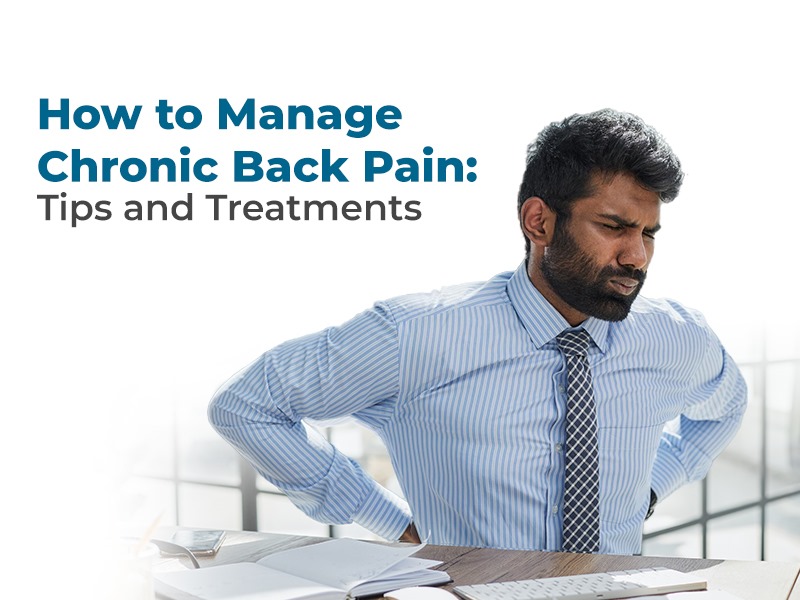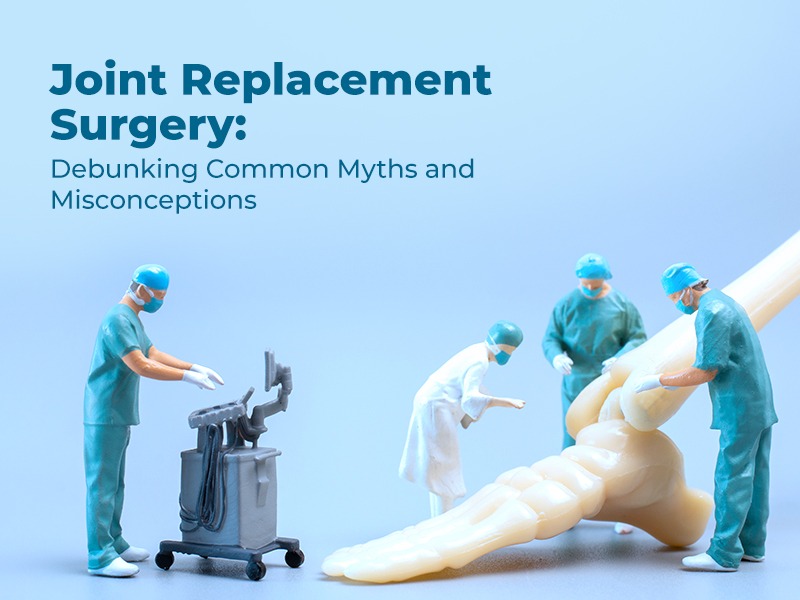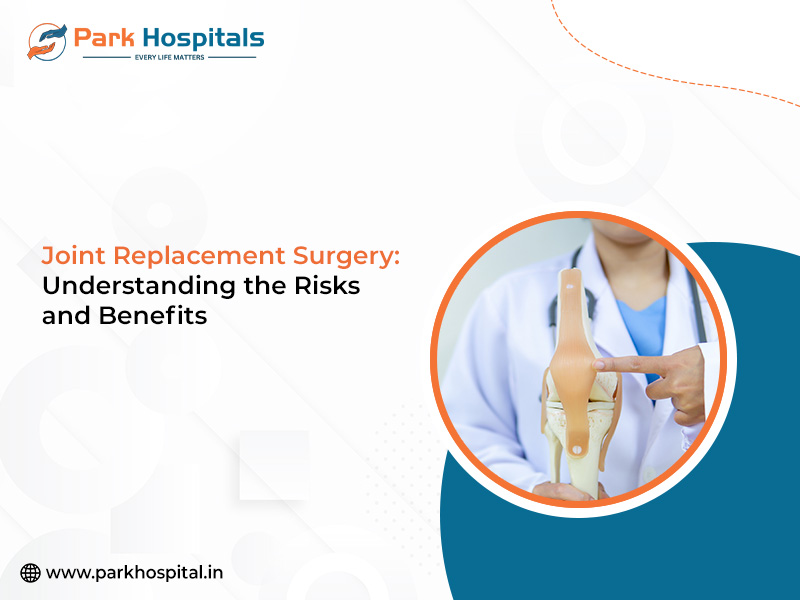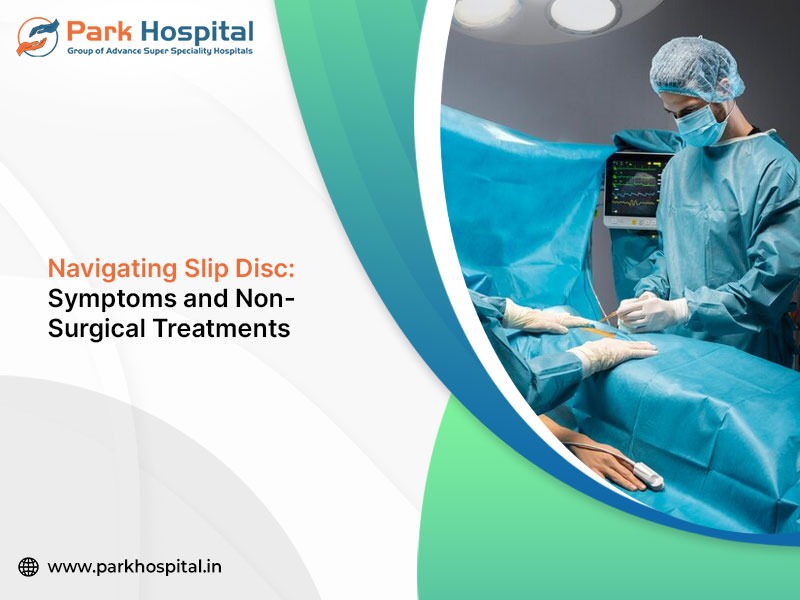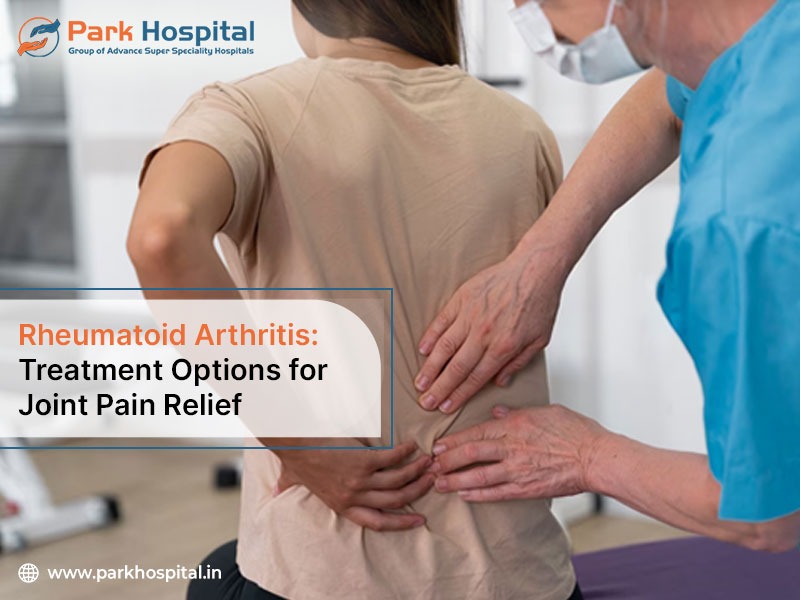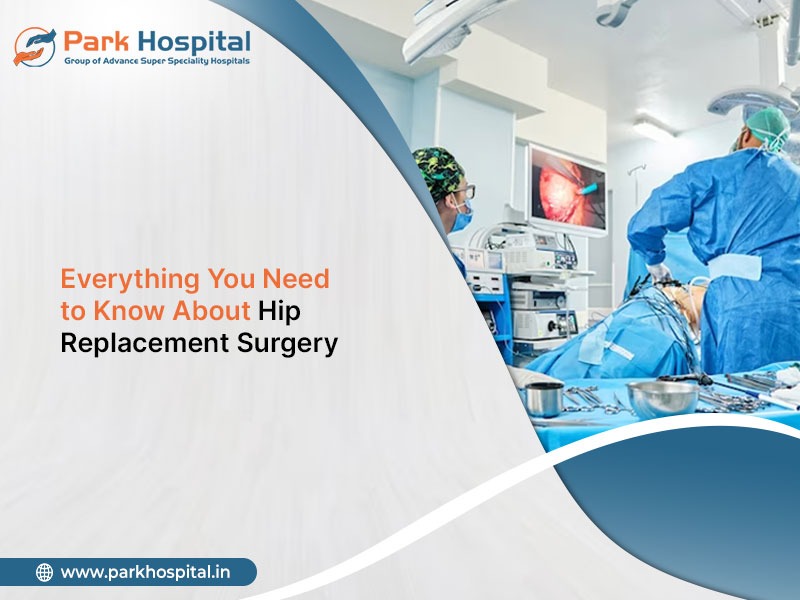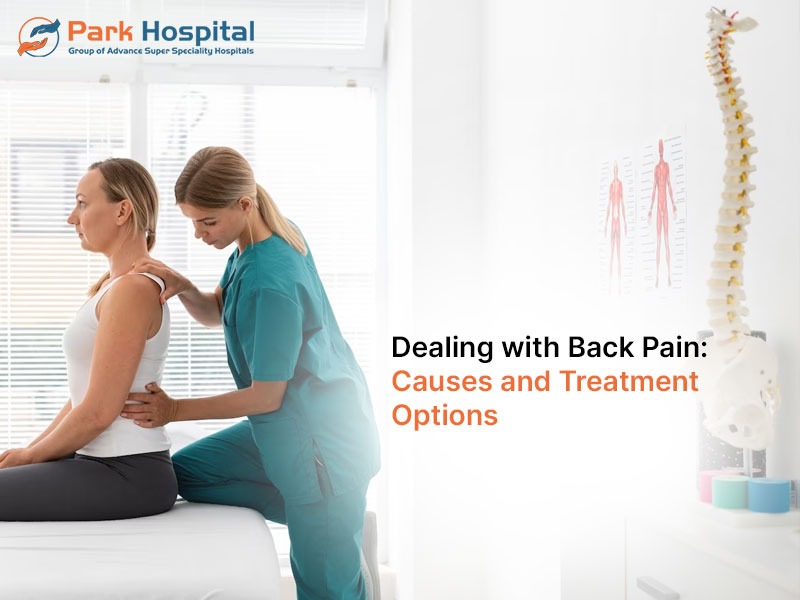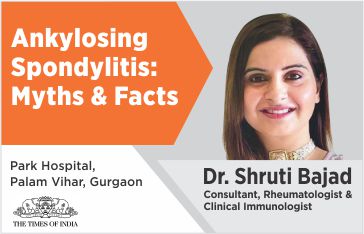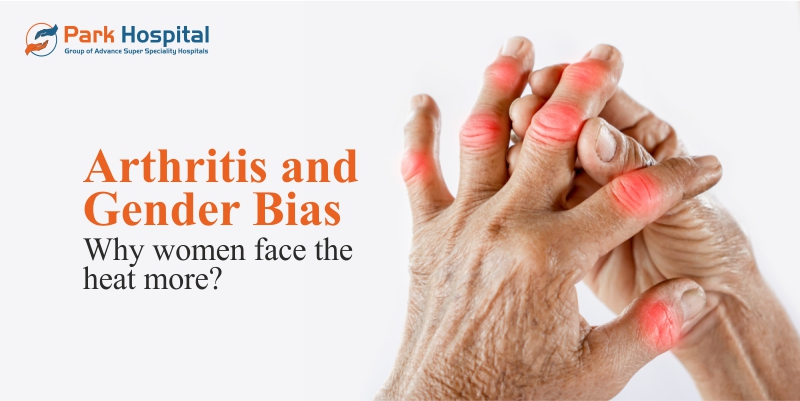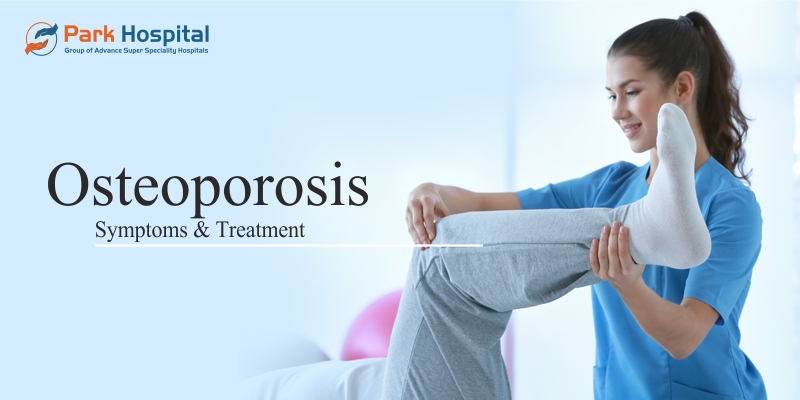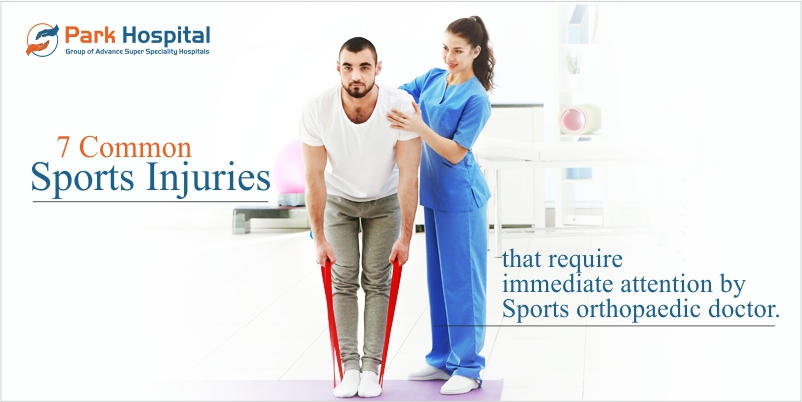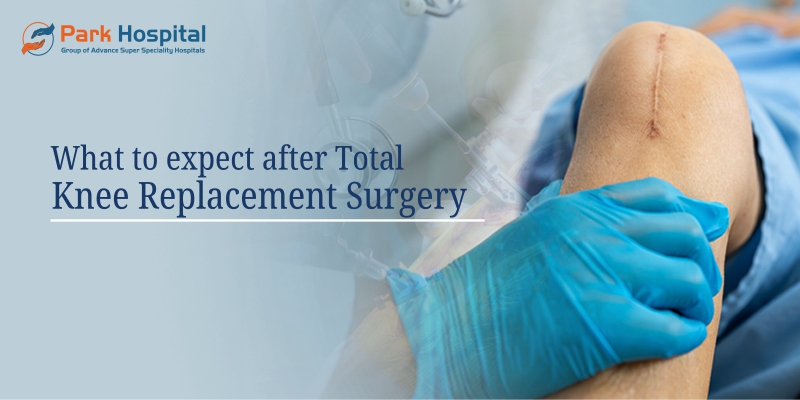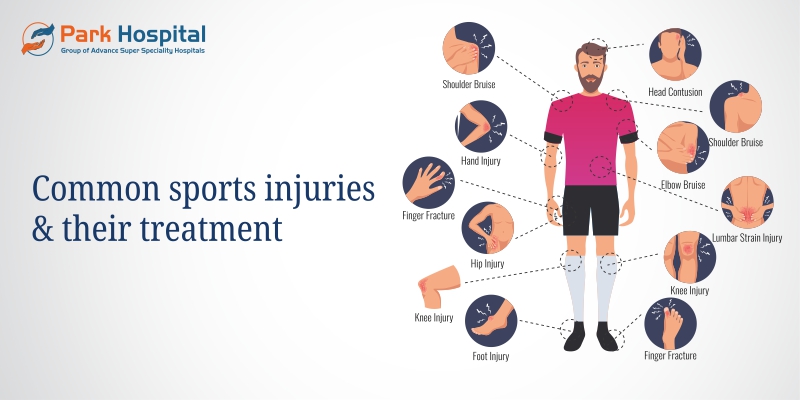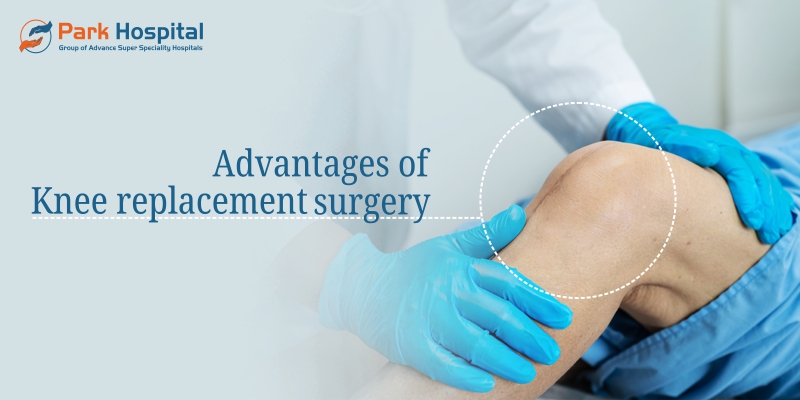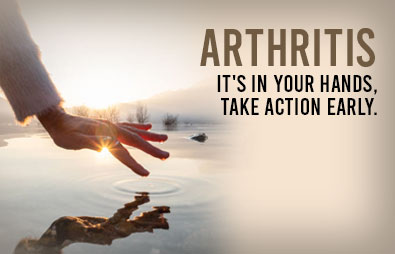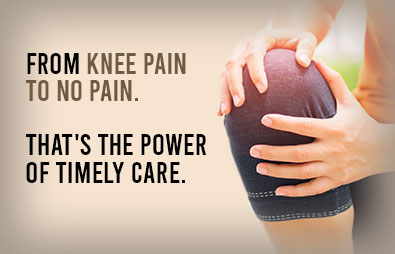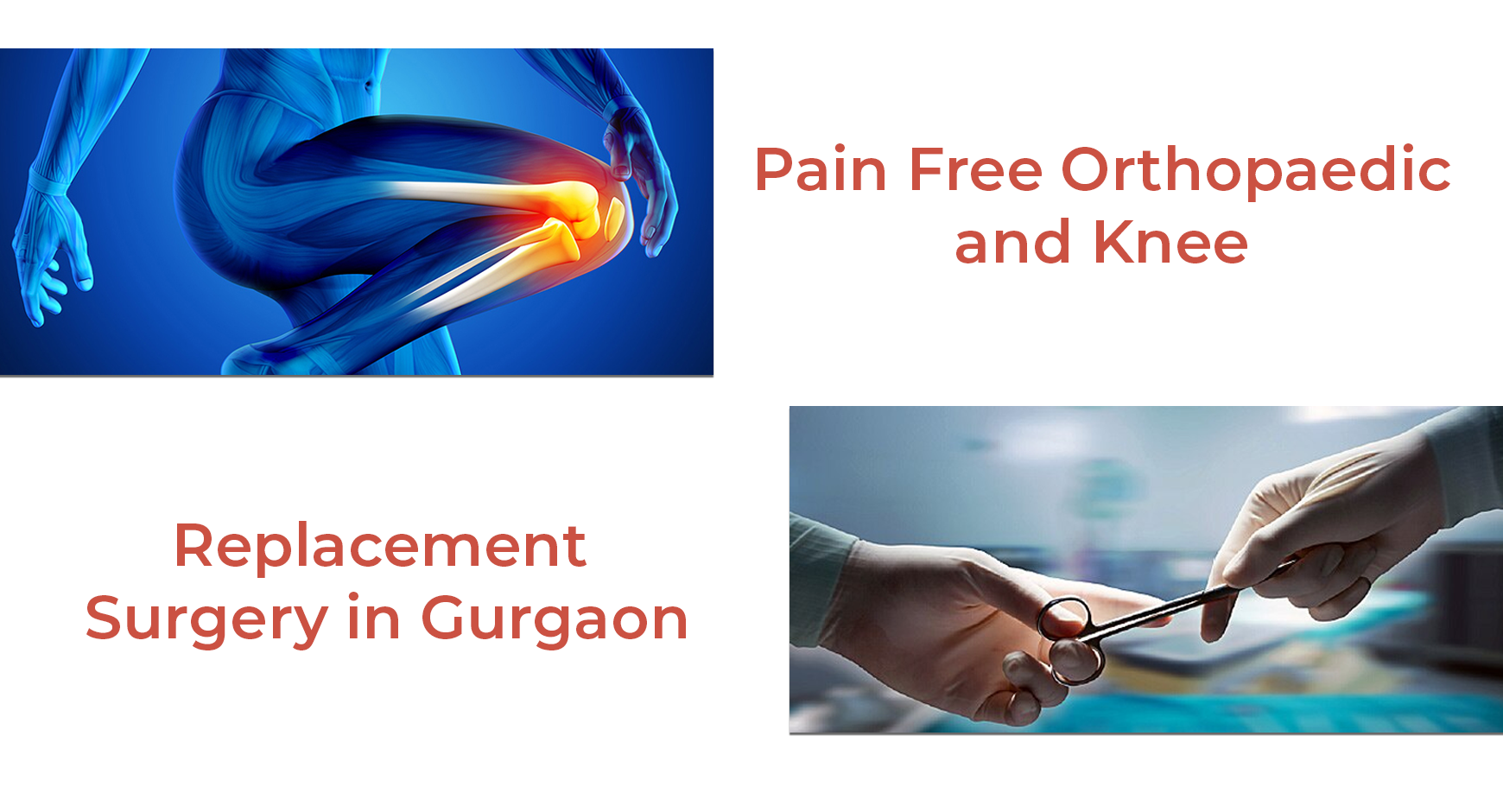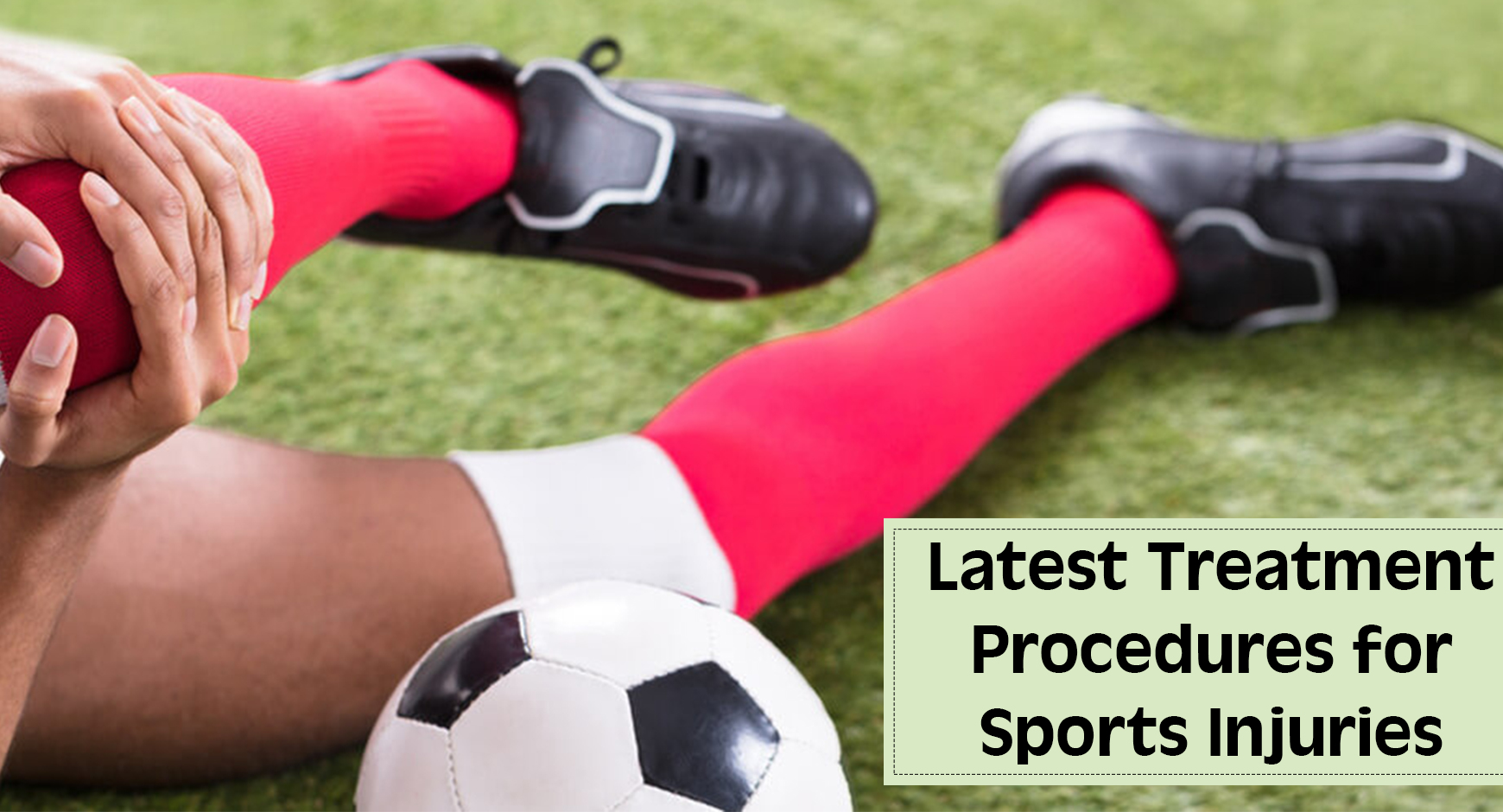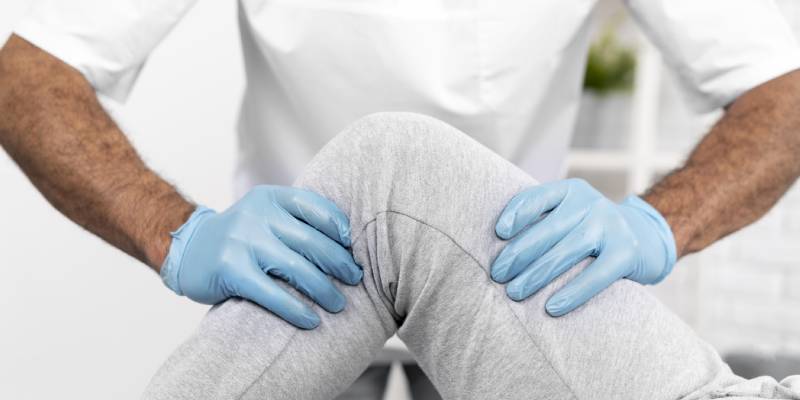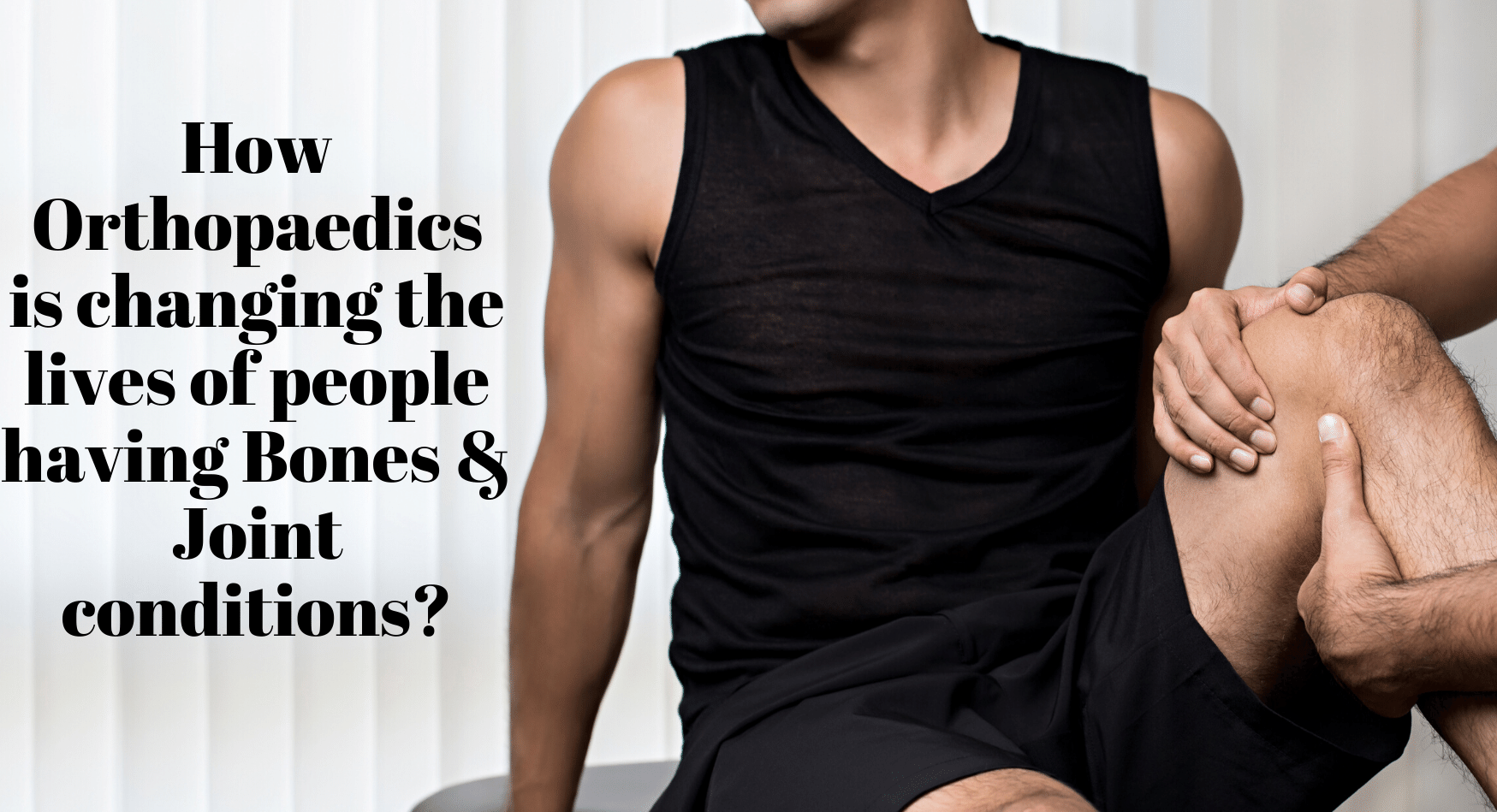What is a ligament and where is the anterior cruciate ligament?
The ligament is a tissue that connects two bones. Anterior Cruciate Ligament (ACL) is a soft tissue that connects the femur (upper leg bone) and tibia (lower leg bone).
What is ACL reconstruction surgery and when is it required?
A common injury among athletes is torn ACL � partial or complete. A partial ligament tear may be healed without surgery. ACL reconstruction surgery is performed by orthopedic surgeons in which the completely torn ACL (which can�t heal on its own) is replaced by a tissue graft to mimic a physiological and healthy ACL.
How are partially or completely torn ACLs diagnosed?
Two manual tests are performed by doctors to assess the extent of an ACL tear and they are:
Lachman test � in which the shin bone is pulled away from the thigh bone. If there is excessive movement, a complete or partial ligament tear is confirmed.
Pivot shift test � while lying back, the leg is lifted and exerted rotational pressure on the knee. In case of no shift, the test is negative.
Athletes representing competitive sports, who have completely torn ACLs need surgery to return back to their normal activities and avoid any further future injury. Without surgery, if they return back to their routine, it may lead to knee instability and meniscus (cartilage) tear which may consequentially lead to osteoarthritis of the knee in the future.
How soon to undergo ACL reconstruction surgery after complete ACL tear confirmation?
Reconstruction immediately after injury may lead to arthrofibrosis (stiff and painful joint with restriction of joint movement). Delaying ACL surgery beyond six months may warrant an increased need for future revision surgeries. The appropriate timing of reconstruction surgery is decided by your orthopedic surgeon depending on the presence of other injuries that need prior attention, the extent of pain, and the flexibility of the leg. In between 3-6 weeks after injury, the reconstruction surgery should be complete to avoid any inflammation.
About the ACL Reconstruction procedure
The procedure starts with preparing the patient with general or local anesthesia (based on your surgeon�s decision) and lasts around 2 hours or less. The procedure involves three steps �
An incision to remove the tendon and model it as an autograft. If it is an allograft the procedure may take lesser time.
Several small punctures for the Arthroscope and surgical instruments.
The graft is passed through the bone tunnels and fixed to the femur and tibia
A sterile dressing is applied after the incisions are closed through sutures and moved to under observation in the recovery room for at least two hours.
Recovery after ACL reconstruction
After surgery care should be taken to prevent blood clot formation in the legs, especially at the site of surgery. Acute pain in the back of your calf is an indicator of clots. To prevent such clot formation and facilitate flexibility and recovery please attend the following steps �
move your ankles up and down at an average of 10 times every 10 minutes which may facilitate circulation. This exercise is continued for at least 2-3 days post-surgery.
For the first 3-5 days, it is advisable to keep your leg at a minimum of a 45-degree angle on cushions or pillows at least 12 inches above your heart level.
Avoid placing pillows behind the knee, rather place them under your heel and calf.
Take medications to relieve pain and fever during the first week after surgery.
Slowly start bending your knees with the goal to achieve a complete 90-degree motion within a week.
Sponge baths are advised until sutures are removed.
Visit your surgeon to report the status one week after surgery.
A rehabilitation program enables patients to walk without crutches by second or third week. Physiotherapy sessions can be started after 1-2 weeks with a goal to achieve 140-degree motion and flexibility in the first eight weeks. Stationary bike riding is recommended during first 12 weeks. Avoid swimming or running up to 20 weeks to facilitate a gradual recovery and prevent any scope of revision surgeries in future.
For knee pain treatment, joints pain, or joints replacement, consult our specialist orthopedics for expert opinion at Park Hospital, Delhi. With latest technologies and expert doctors Park Hospital is equipped to provide comprehensive orthopedic care with accurate diagnosis and precise treatment.

